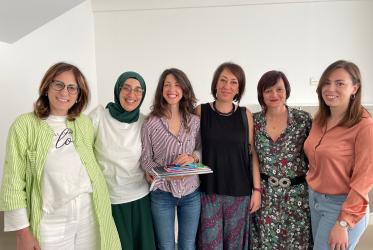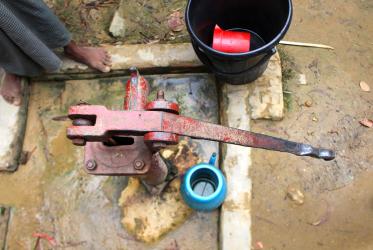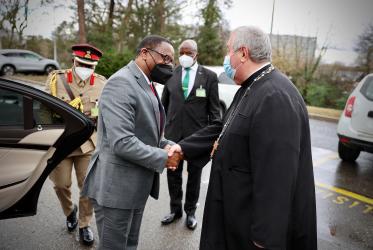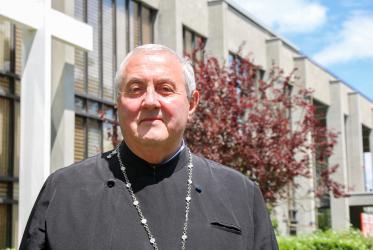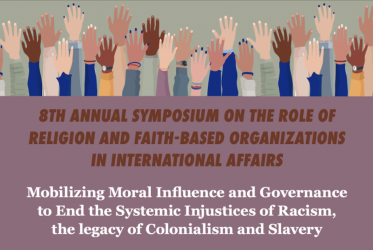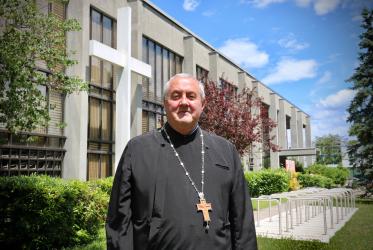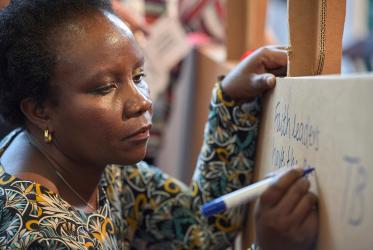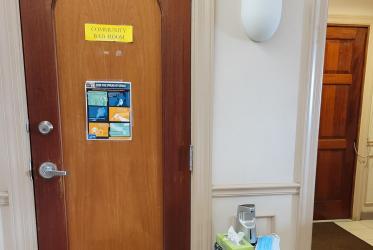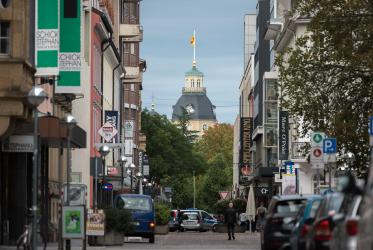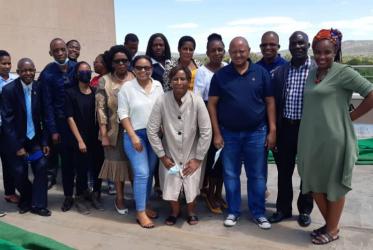Displaying 81 - 100 of 825
President of the Republic of Malawi visits WCC with hope for Africa
24 February 2022
WCC shares greetings with Jamaica Baptist Union
24 February 2022
“Bathroom ministry” for the homeless
14 December 2021
WCC executive committee lights the way for WCC 11th Assembly
26 November 2021
